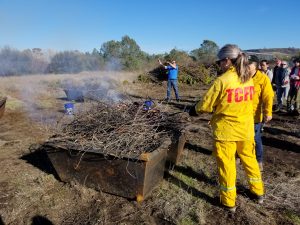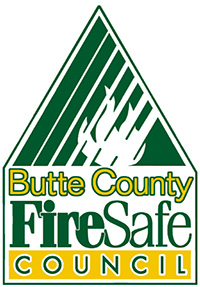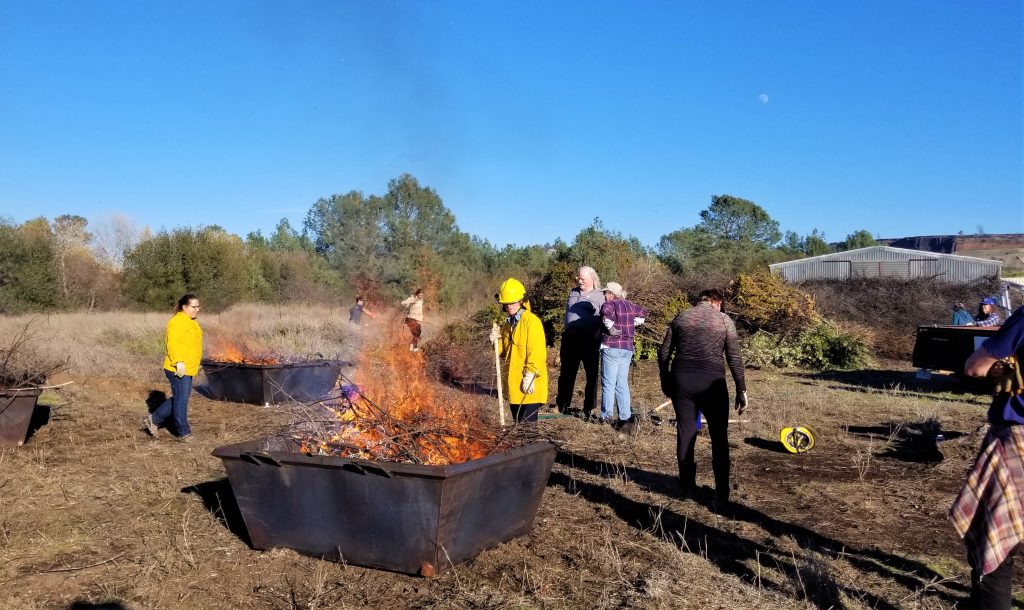Whether removing vegetation in preparation for wildfire, or managing slash after a wildfire, there are only a handful of options available like pile burning, chipping, hauling to the landfill or wood processing center or burning with a biochar method.
 When doing pile burning the result is generally a pile of ash due to the way oxygen has access to all sides of the pile and the result is patchy combustion. There is another way of burning vegetation which results in a useful charcoal material called Biochar. This is new and popular method which allows oxygen to remain at the top of the pile, and the charcoal material sift to the bottom where it cannot burn any longer. Biochar can be created to amend healthy soil and increase it’s water holding capacity as well as lower it’s compaction/density. Additionally, using the top down burn method while lighting piles for biochar creates less smoke as the heat burns it off before it is emitted into the atmosphere. Biochar can be created in kilns or with the traditional on-the-ground burn piles.
When doing pile burning the result is generally a pile of ash due to the way oxygen has access to all sides of the pile and the result is patchy combustion. There is another way of burning vegetation which results in a useful charcoal material called Biochar. This is new and popular method which allows oxygen to remain at the top of the pile, and the charcoal material sift to the bottom where it cannot burn any longer. Biochar can be created to amend healthy soil and increase it’s water holding capacity as well as lower it’s compaction/density. Additionally, using the top down burn method while lighting piles for biochar creates less smoke as the heat burns it off before it is emitted into the atmosphere. Biochar can be created in kilns or with the traditional on-the-ground burn piles.
“Its pretty neat stuff. The same way that activated charcoal is used to treat medical conditions in humans, Biochar can be used to improve the health of the soil by adsorbing harmful chemicals” say Ben TestHart, Field Coordinator for the Butte County Fire Safe Council.
The key to the Biochar method is that the piles are being tended constantly with fresh material so the charcoal can sift to the bottom, as well as completely wetting the pile when done to the point that no more combustion can occur. One person tending a pile can create enough finished material to fill a couple wheelbarrows in a matter of hours. The Butte County Fire Safe Council has co-hosted workshops on creating Biochar over the previous winter season and may be acquiring several of the kilns that make creating Biochar simpler and more efficient.
Download the link pdf below for more information on how to create biochar while burning your piles!
Biochar-Flyer.pdf (2018 downloads )For more information about biochar contact Jeff Gould at [email protected].

